Apple's Cook explains why Apple should not be forced to allow sideloading on the iPhone

Sideloading an app is when you install it from a third-party app store rather than installing one from an app storefront associated with the manufacturer of your phone. For example, if you own an iPhone, trying to install an app from outside of the App Store would be considered sideloading. That is strictly not allowed on the iPhone or the iPad for that matter.
On the other hand, sideloading an app is permissible on Android. To enable sideloading on Android go to Settings > Security & privacy > Toggle on Apps from Unknown Sources. Apple, on the other hand, is concerned that user privacy will be compromised if it were to allow iPhone/iPad users to install apps from a third-party app store.
Cook says that allowing users to sideload apps on the iPhone could make it easier to install malware on the device
European lawmakers are working on legislation that would force Apple to allow users to sideload apps on the iPhone and iPad in order to create a more competitive environment. It's part of the European Union's Digital Markets Act (DMA).
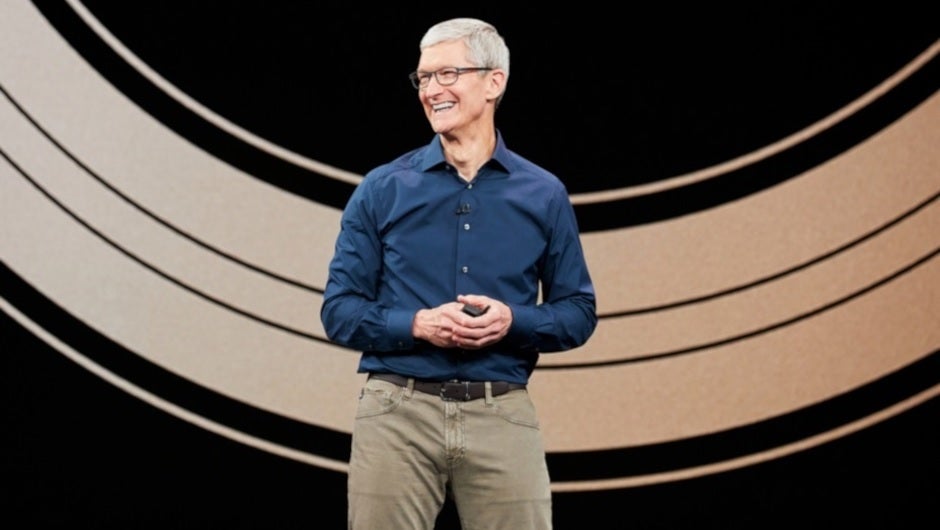
Apple CEO Tim Cook says that allowing iPhone users to sideload apps could make iOS less secure
On Tuesday, Apple CEO Tim Cook spoke at the IAPP Global Privacy Summit and of course, privacy was the main topic. But according to TechRadar, Cook also spoke against legislation that would force Apple to make changes to the App Store. The executive states that such legislation, while hoping to increase competition, could actually cause negative impacts on privacy and security.
Specifically, Cook called out "data-hungry companies" that would be able to bypass security-related hardware in order to track people if Apple was forced to allow sideloading on the iPhone and iPad. He said that Apple does believe in competition, and not at the expense of user privacy. He also pointed out that data on iCloud is encrypted. And last year the company disseminated its App Tracking Transparency feature that allows users to opt out of being tracked by apps.
Despite what Cook says, there isn't really any evidence that allowing sideloading on the iPhone will lead to the collapse of civilization as we know it. It will take total control of the App Store out of Apple's hands. That is the goal of the EU's DMA and America's Open App Markets Act. The latter not only forces Apple to allow the sideloading of apps, it also requires both it and Google to stop forcing developers to use the companies' in-app payment platforms.
Apple is concerned that if it allows sideloading on the iPhone, it will create the risk of users accidentally installing malware on their phones. That is a valid point because Apple would have no way to check the safety of apps that users are installing.
On the other hand, iPhone users could argue that they are paying for the phone and that they should be able to do whatever they want with it. Google says that the EU's DMA will "reduce innovation and the choice available to Europeans."
For years Cook has spoken in favor of Europe's General Data Protection Regulation (GDPR). "We have long been supporters of the GDPR … and we continue to call for a strong privacy law in the United States." GDPR forces companies to obtain consent from individuals before they are allowed to collect their personal data. The goal is for these firms to protect the personal data and the privacy of European citizens.
But Mr. Cook should be careful because sometimes you get what you wish for and the penalties for violating the GDPR are pretty steep. For example, a company can be fined as much as $20,372,000, or 4% of worldwide revenue from the preceding financial year – whichever figure is higher. Apple's top line last year was nearly $366 billion and 4% of that amounts to approximately $14 billion.
"Here in the United States, policy makers are taking steps that would force Apple to let apps on the iPhone that would circumvent the App Store through a process call sideloading. That means data hungry companies would be able to avoid our privacy rules and once again track users against their will," said Apple's CEO.
"It would also potentially give bad actors a way around the comprehensive security protections we put in place, putting them in direct contact with our users. And we have already seen the vulnerability that that creates on other companies' devices."
Follow us on Google News


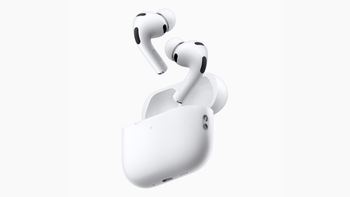
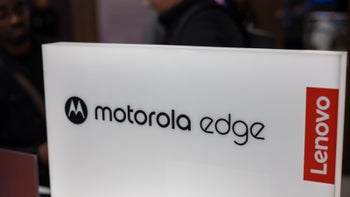

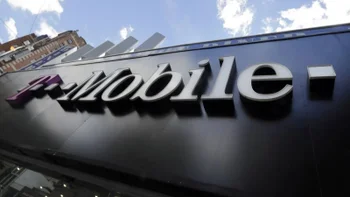
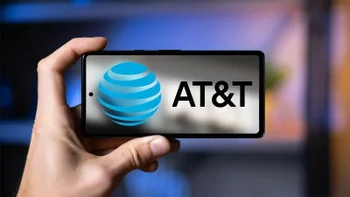
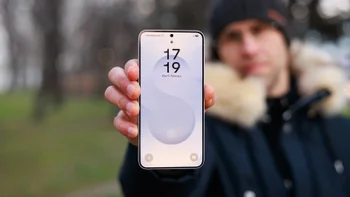

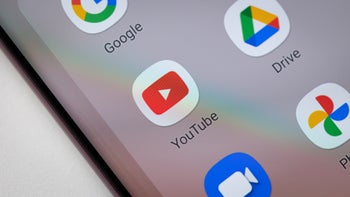

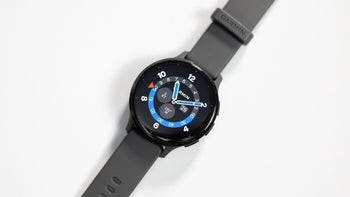
Things that are NOT allowed:
To help keep our community safe and free from spam, we apply temporary limits to newly created accounts: